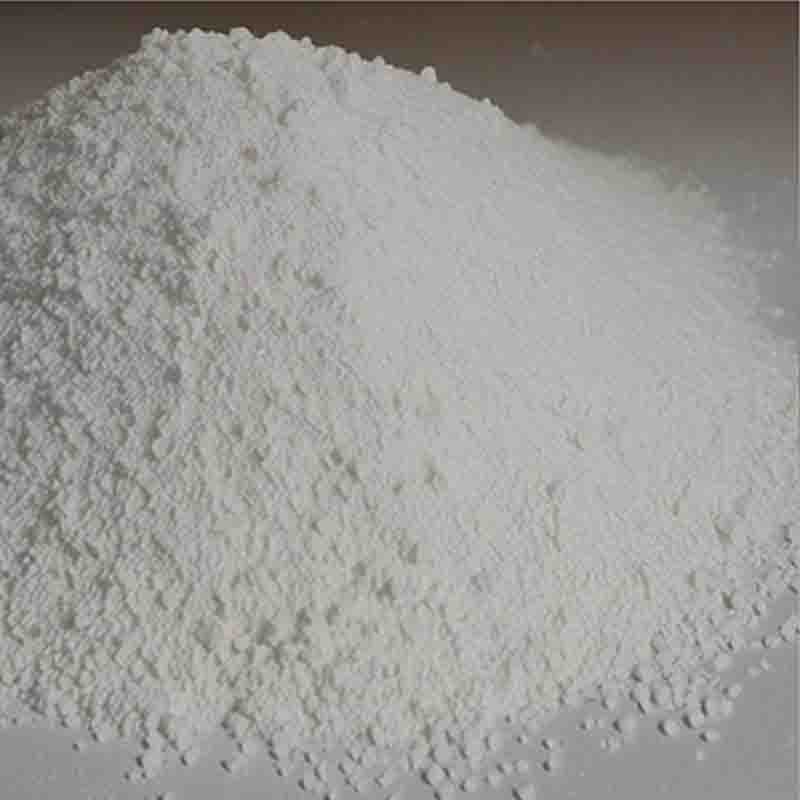Barbituric acid CAS: 67-52-7
| Catalog Number | XD94320 |
| Product Name | Barbituric acid |
| CAS | 67-52-7 |
| Molecular Formula | C4H4N2O3 |
| Molecular Weight | 128.09 |
| Storage Details | Ambient |
Product Specification
| Appearance | White powder |
| Assay | 99% min |
Barbituric acid is a chemical compound with the molecular formula C4H4N2O3. It is a white crystalline powder that is primarily known for its historical use in the synthesis of barbiturates, which are sedative-hypnotic drugs. Barbiturates were commonly prescribed for their sedative, anesthetic, and anticonvulsant properties in the past. However, their usage has declined significantly over the years due to their potential for abuse and the availability of safer alternatives.Barbituric acid itself does not possess significant pharmacological activity, but its derivatives, known as barbiturates, have been widely used for various medical purposes. The synthesis of barbiturates involves reacting barbituric acid with different alkyl or aryl groups to produce compounds with various sedative effects.Historically, barbiturates were commonly prescribed as sleep aids, anesthetics, and anticonvulsants. They were effective in inducing sedation and reducing anxiety, which made them valuable tools for medical practitioners. However, they also carried a range of side effects, including addiction, dependence, and respiratory depression, leading to the rise of safer alternatives in modern medicine.Though barbiturates have largely been replaced by other drugs like benzodiazepines, the derivatives of barbituric acid still find some medical use today. For example, barbiturates like phenobarbital are still occasionally used as anticonvulsant medications in certain situations, particularly in the treatment of epilepsy.Additionally, barbituric acid and its derivatives are utilized in laboratory research and forensic analysis. Their chemical properties make them useful in organic synthesis and as intermediates in the production of other compounds. Barbiturates can also be used in forensic toxicology to screen for the presence of drugs in samples such as blood or urine.Furthermore, barbiturates hold historical significance due to their previous widespread medical use. They played a crucial role in the development of the field of sedative-hypnotic drugs and helped pave the way for subsequent medical advancements.In summary, while barbituric acid itself does not have significant direct uses, it serves as a key precursor in the synthesis of barbiturates. These compounds, derived from barbituric acid, were historically prescribed as sedative-hypnotic drugs but their usage has declined due to associated risks. However, barbituric acid and its derivatives continue to have applications in laboratory research and forensic analysis, contributing to the understanding of drug metabolism and toxicology.


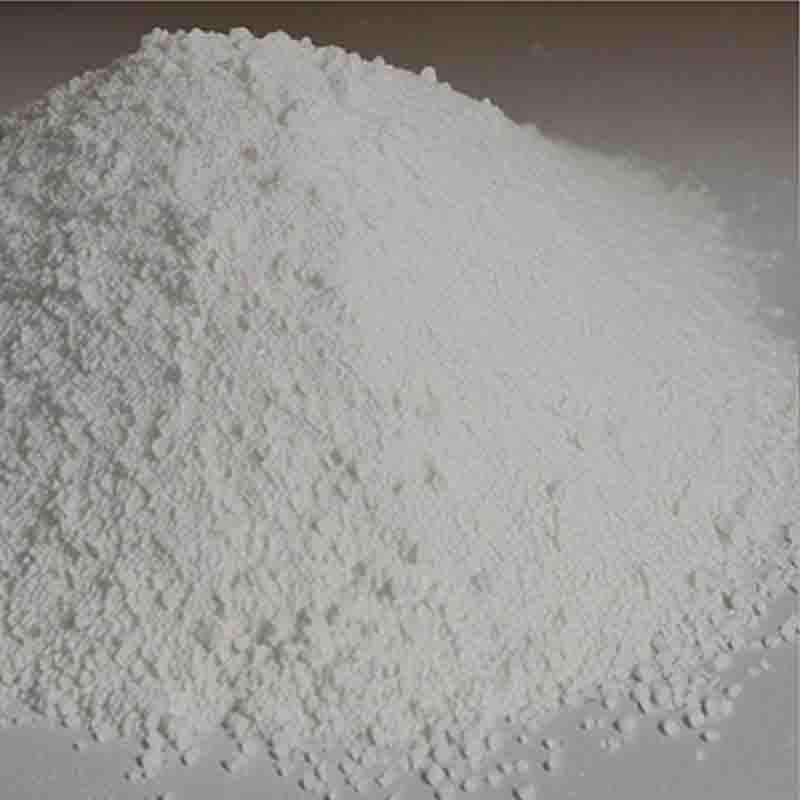

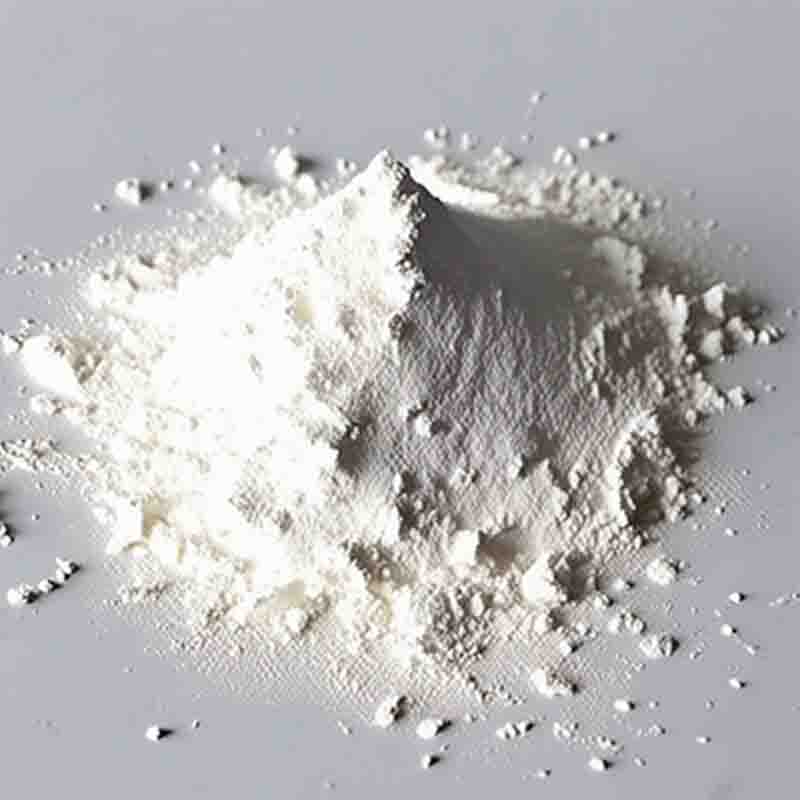
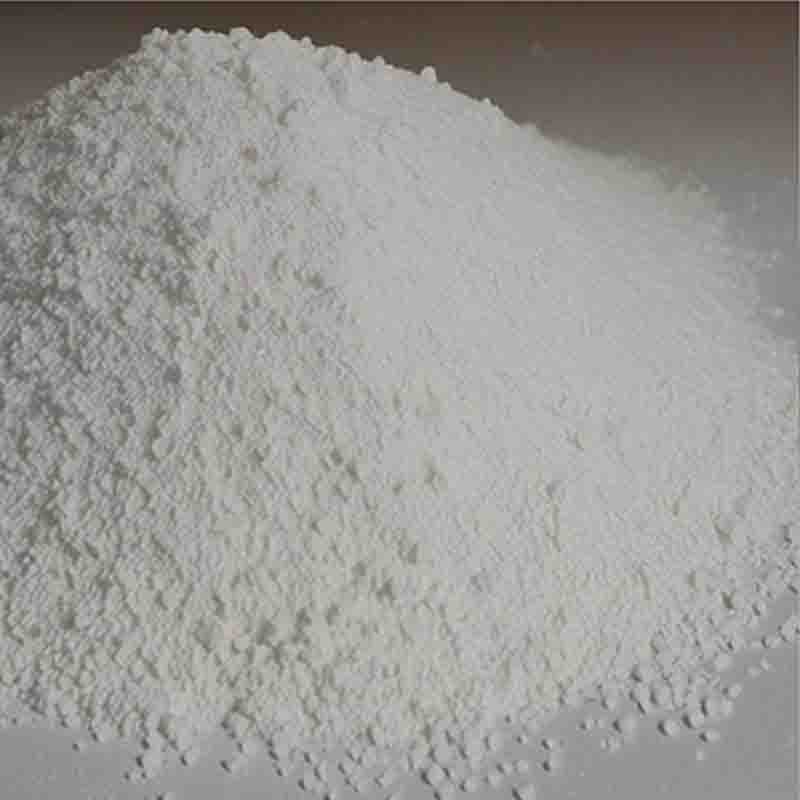

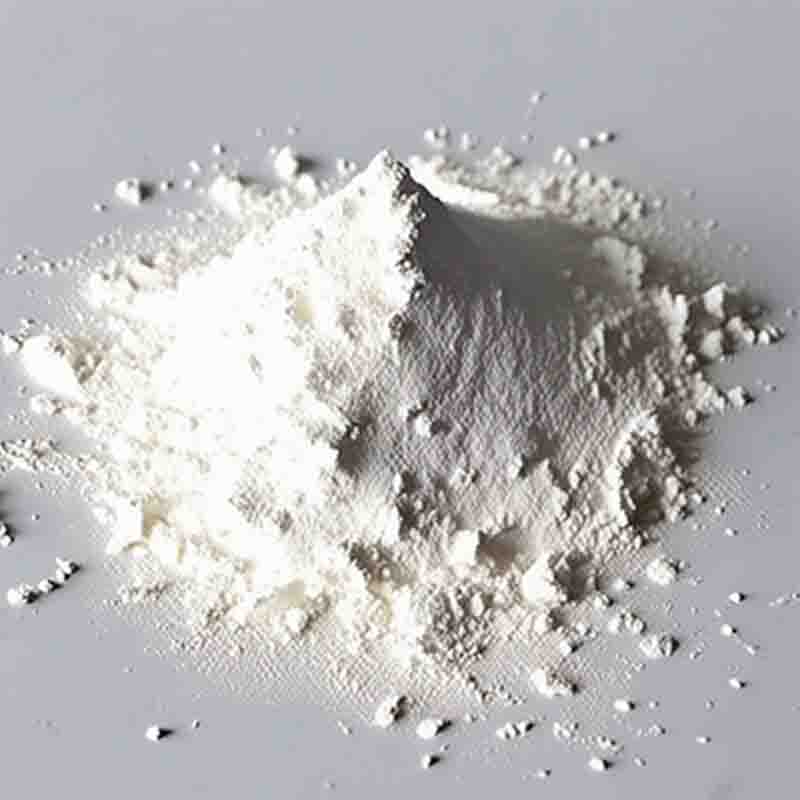
![4-[6-[(6-Bromo-8-cyclopentyl-7,8-dihydro-5-methyl-7-oxopyrido[2,3-d]pyrimidin-2-yl)amino]-3-pyridinyl]-1-piperazinecarboxylic acid 1,1-dimethylethyl ester CAS: 571188-82-4](https://cdn.globalso.com/xdbiochems/白色粉末2286.jpg)
